Healing Food Plan: The Ultimate Cheat Sheet

Changing your diet
Choosing to upgrade to a healthier diet is one of the most life enhancing decisions you can make, and one that in this day and age is essential to both prevent and reverse illness. This means choosing to eat a selection of foods aimed specifically at healing, and avoiding those foods that can undermine your healing process or cause stress to your digestive system. Natural healing foods taste delicious, and have a higher level of nutrients and vibration than the typical meal eaten on the SAD diet, the standard American diet.
Give it time
During the first month or two, allow for a gradual transition from your usual way of eating, to an organic whole foods plan. Be gentle, yet ruthless with yourself, realizing that what you eat has a significant effect on your energy levels, your overall health, and your ability to heal.
What to Eat
Vegetables

Fill your body with the freshest organic fruits and vegetables available, with a strong emphasis on steamed, raw or juiced dark leafy greens, such as kale, collards, chard, bok choy, and spinach. Enjoy broccoli, squash, tomatoes, avocados and all other seasonal produce options. Use lettuces of every color and shape to create salads of great variety and diversity. Eat generous quantities of both raw and lightly steamed vegetables and fresh salads every single day.Proteins
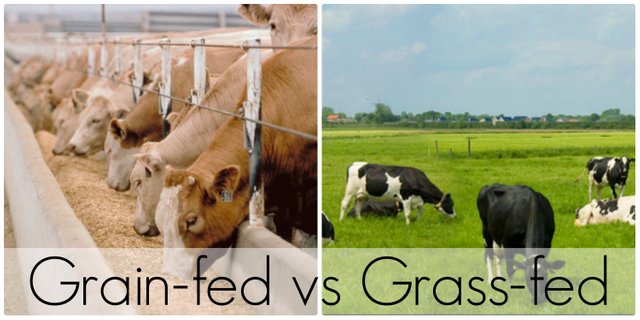
Enjoy a fist-sized serving of protein per meal, which translates to approximately 2-6 oz of preferably organic protein. Non-vegetarians may choose from free-range poultry, preferably turkey, wild-caught fish that are low in mercury, and the meats of bison, lamb, and cow. Depending on your individual needs, consider limiting your intake of organic red meat to one serving every four days. It is very important to only consume red meat that is organic, due to the toxic build up stored in the fat of flesh. Fish such as blue fish, cod, Greenland halibut, mackerel, and wild caught salmon are excellent sources of both healthy protein and fats. Avoid the following: farm-raised salmon, because of the antibiotics and food dyes they contain; tuna, which is high in mercury; and shellfish, which contain a high degree of contaminants.
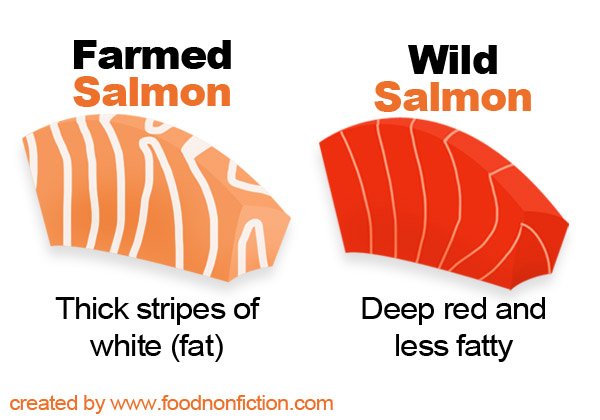
Excellent organic vegetarian protein sources include free range eggs, tempeh, occasional tofu, legumes and beans, especially red lentils, French green lentils, and black, aduki and mung beans. When preparing beans for best flavor and easy digestion, we recommend soaking overnight in purified water, draining and then rinsing the beans before cooking. Handful sized servings of soaked and rinsed nuts and seeds, such as hemp, pumpkin and sunflower seeds are especially beneficial. Flax seeds make great additions to smoothies, and also can be ground and dehydrated, or low-heat baked, into delicious crackers.
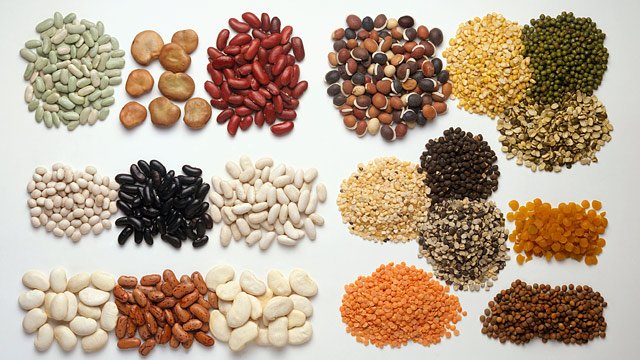
Complex Carbohydrates
For sustained energy, eat complex carbohydrates in the form of legumes, red potatoes, squash, yams, and whole grains such as brown rice, quinoa, buckwheat or millet. We suggest limiting your overall carbohydrate intake to 30 percent or less of the foods you eat at each meal. This means increasing your vegetables and protein quantities if necessary, to balance out the complex carbohydrates.
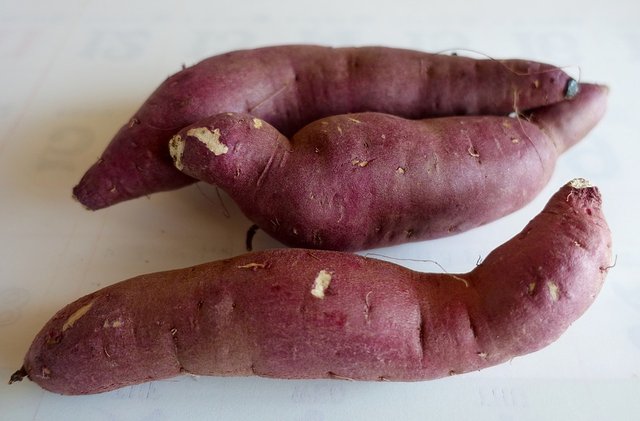
How to prepare and season your food
Steam vegetables in purified water until slightly tender, or lightly saute in coconut oil, or water and shoyu. Enjoy homemade soups, and try pressure cooking for speed and nutrient retention, especially when experimenting with legumes and beans.
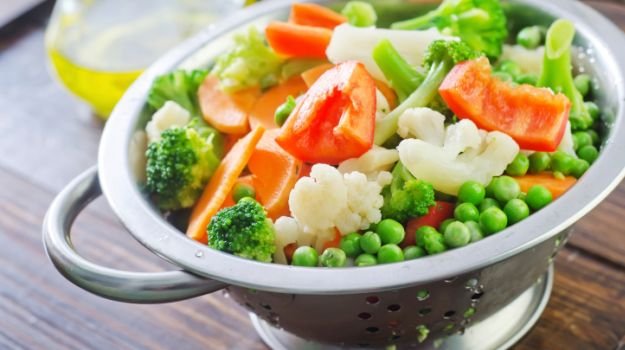
Season veggies and whole cooked grains with fresh and dried herbs, sea salt, or organic soy sauce, also known as shoyu, or the wheat-free version, called tamari. Sea salt is an important addition to the diet, and should replace commercial or refined table salt. Additional seasonings include a wide variety of fresh or dried herbs, gomasio, powdered or chopped sea vegetables, such as dulse, as well as many other interesting powders and condiments found on health food store shelves. Garlic, ginger, cayenne pepper, chili peppers, and onions can be enjoyed regularly for their great flavor and immune-boosting properties.

The preferred oil for cooking and/or baking is raw, organic coconut oil. Extra virgin olive oil, high lignin flax seed oil, or hemp seed oil can be drizzled on steamed vegetables, cooked whole grains, and used as the base for homemade salad dressings. Many health stores carry a raw nut butter called tahini, which is made up of pureed sesame seeds; tahini is a delicious healthy plant fat, and makes a great base for salad dressings, dips or spreads.
Nutritional Boosts
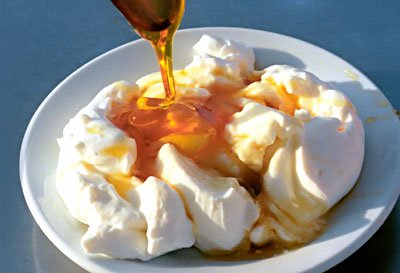
yogurt and raw honey
Live Cultured Foods
Live cultured foods are a delicious and valuable addition to your diet. Eat raw, live cultured vegetables such as unpasteurized sauerkraut, kim chi, as well as cultured dairy products such as yogurt and kefir. Be sure to choose organic dairy products, and choose raw dairy whenever possible.Vegetable Juices
Freshly made vegetable juices add a powerful nutritional boost to your food plan. Juices made from a wide variety of seasonal vegetables are delicious, and essential to healing, and a great preventative tool when used as an ongoing supplement to any diet.Sea Vegetables, Asian Foods and Broths
Asian foods such as miso, ume plum, and a wide array of sea vegetables are fantastic nutrient rich foods. Sea vegetables vary in flavor and texture, making them fun to experiment with; they also offer an abundance of natural iodine, which is of the utmost of importance to support our glandular systems, especially the thyroid. Miso makes a delicious flavoring in salad dressings, dips, sauces, spreads, and as the classic, miso soup.
Homemade vegetable broth is packed with delicious life-giving giving minerals and can be sipped like tea or eaten as soup. Make your own delicious broth simply by cooking down an abundance of fresh organic vegetables in purified water. Healing broths are easy to digest, making them especially valuable for any digestive problems.

Water
Throughout the day, drink plenty of pure, filtered water; drink at least half an ounce of water for every pound you weigh. Avoid drinking - as well as bathing and showering in - unfiltered tap water, as tap water contains heavy metals and pesticide residues that can settle in high concentrations in our organs.Allergy Testing
Undergo testing for potential food allergies and sensitivities, and avoid all foods to which you are allergic or sensitive. Common allergy-causing foods include milk and all dairy products, soy, chocolate, corn, and wheat products. Consider a rotation diet or elimination diet in order to further reduce the likelihood of food allergies, especially if you cannot get tested right away.
What to Avoid
Refined Sugar and Flour, Artificial Food, Soy Foods

Eliminate all refined sugar and sugar products, along with empty carbohydrate foods such as commercial white flour, found in white breads, bagels, muffins, pastries, cookies and pastas. Also consider omitting whole grain wheat and wheat byproducts from your diet for several months. Wheat is a highly allergic food, and can be the root cause of a wide variety of digestive troubles. As the weeks go by, notice if you feel better; if you find you are feeling better, consider eliminating wheat for a year, giving your aggravated digestion a long deserved break. Choosing alternatives such as spelt, kamut, and rye will give your body a rest from a lifetime of eating wheat and can offer a major energy boost.
Choose to eat a minimum of processed soy products. By far, the best of all soy foods are fresh or frozen edame and tempeh, a fermented soy product that is less processed and easier to digest than other soy products. Stop eating all "junk" and commercially processed foods, as well as all foods containing artificial ingredients, additives, colorings, flavorings, and preservatives (such as carrageenan, BHA, BHT, sodium nitrite, sulfites, saccharin, aspartame, and cyclamates).
Inorganic Dairy, Excess Caffeine or Alcohol, Hydrogenated Fats
Stay clear of inorganic milk and dairy products, including yogurt and cheese. If you choose to continue consuming dairy, always choose organic dairy products and, if available, raw organic dairy products. Toxins are stored in fats, so choosing organic is especially important in the case of dairy and meat.
Minimize your intake of coffee and other caffeine based products, such as soda and soft drinks spiked with caffeine. Avoid commercial non-herbal teas, and excess alcohol. Do not eat saturated, trans-, hydrogenated or partially-hydrogenated fats and oils. Margarine and shortening are made from these and are to be eliminated.

If you found this diet to be useful and wish to pursue more natural food diets, consider trying my highly recommended Raw Food Diet. Recipes coming soon!
Thank you @nebcat for helping me post my RAW FOOD DIET on your page!
@adubi
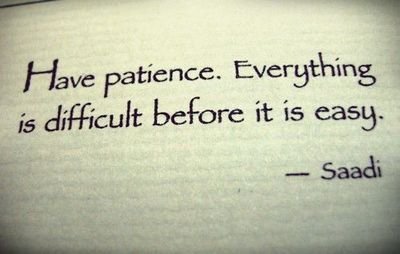
This post has been linked to from another place on Steem.
Learn more about linkback bot v0.3
Upvote if you want the bot to continue posting linkbacks for your posts. Flag if otherwise. Built by @ontofractal
Thank you @linkback-bot-v0!
Great post! I love it when the truth about food is shared, as there's so many lies out there to confuse everybody.
Thank you @woman-onthe-wing. I completely agree! My mission is to share information that would otherwise be left out in countless books on the subject.
Any time, and thank you for offering to have me feature you, @adubi!
I do need to cut down on sugar and eat more organic greens and grains. Been binging on coffee and breads! lol
Also, @thedevil's stratagy seems a bit...draining.
I may have a few to give you, if you want. Shoot me an email.
Bitches be gettin' a healthy dose of my cock in their mouths, full of vitamin-cum-in-yo-mouf, ya feel me?
Yeah.
No, but seriously, I adhere to a strict diet of pull down my pants and stick-it-in-ya-honey. That's my night-time regimen. I follow up in the morning with a great, big, thick sausage for dose buns, hopefully-I-don't-get-the-egg-salad-baby-cuz-I-don't-want-to-be-set-back-for-eighteen-years-of-child-care.
I then go on to eat a healthy assortment of greens, fruits, nuts, seeds, and beans. Occasionally, I'll have a little human from the black-market, not like a midget, but a small part of a full-grown human, like, say, a slab of back meat, or something like that.
So, yeah, I have mostly a healthy diet, both orally and sexually, and especially oral-sexually, you know what I'm sayn'?
Yeah.
Up-voted and followed!!!
wow